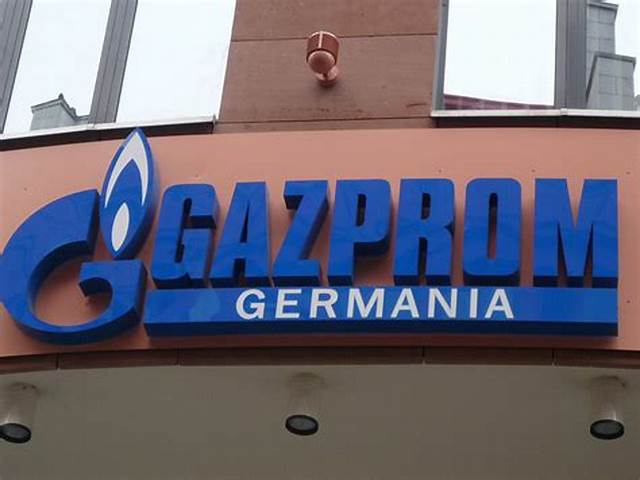
Multiculturalist Ideology (Part One): A Rationale For Race War Politics
An Examination Of The Logic of Multiculturalism

An Examination Of The Logic of Multiculturalism

In The Ponzi Class: Ponzi Economics, Globalization and Class Oppression in the 21st Century, published in 2015, I wrote:
‘New global corporations regard themselves as global and seek to remove any vestige of national identity from their image. Business and finance are borderless. While globalization is the phenomenon of the 21st century, state capitalism is another, being the reincarnation of Mercantilism, which had dominated state policy in the 17th, 18th and 19th centuries. Mercantilism involves governments favouring national firms and industries, with the use of tariffs to advantage domestic producers and trade treaties with friendly countries and not so generous treaties to economic rivals. Mercantilism is incompatible with a policy of globalization. A problem is that Western countries which fancy themselves as immersed in a globalized economy fail to grasp that others, in particular Japan, China and Russia, see things very differently and act very differently. For them, the Western policy of globalization is something to be exploited and not be a party to. For both Russia and China, state capitalism is the norm. A company such as Gazprom has no equivalent in the West. Gazprom is Russia’s largest company and the world’s largest natural gas company. It accounts for 10% of Russia’s GDP, produces more than 85% of Russia’s natural gas and accounts for more than 20% of the world’s supply. It controls nearly 20% of global gas reserves and 60% of Russian reserves. It is vertically integrated with the energy market and has further interests in banking and operates as an international investment company. Russia’s elected president in 2008 was Dmitry Medvedev, who had served as chairman of Gazprom twice. In 2013, the chairman was Viktor Zubkov, who was also Russia’s deputy prime minister. Its CEO was a Putin crony. It even has its own security force. Although its stock is traded, it remains under state control. In 2006, Russia/Gazprom used its monopolistic control of gas to cut off Ukraine’s supply of natural gas and ultimately the supply to wider Europe. The crisis in the Ukraine and the Crimea in 2014 is against the backdrop of Europe’s dependency on Russian gas supplies and Russia’s past willingness to cut off those supplies as an act of foreign policy.
In 2008, Russia accounted for 12.4% of global oil production, only just behind Saudi Arabia which accounted for 13.1%, and 19.6% of global natural gas production, slightly ahead of the USA which accounted for 19.3%. Unlike the USA, Russia is an exporter of gas and has 23% of proved gas reserves whereas the USA has only 3.6%. Germany relies on Russia for 50% of its gas consumption, Italy 30%, Austria 75% and Finland 80%.’
Despite all the chatter in the UK about the stringency of its sanctions against Russia, today, 4 March, Sajid Javid has urged the NHS to stop buying gas from Gazprom. A ‘senior government source’ said: ‘[Javid] has also requested a wider review of any Russian role in supply chains across the health service.’
Russia accounts for around 4 per cent of the UK’s gas supplies. This is despite North Sea oil and gas, and one consequence of the government’s reluctance to exploit the UK’s coal, oil and gas reserves in pursuit of its net zero carbon objective.
One can well understand President Trump’s angst at the German irresponsibility in relying upon Russian gas supplies at the same time as it was spending so little defence (see here). Germany has merely funded the Russian war machine, while taking it for granted that the USA would defend Europe.
The people of the Ukraine are now paying the price.